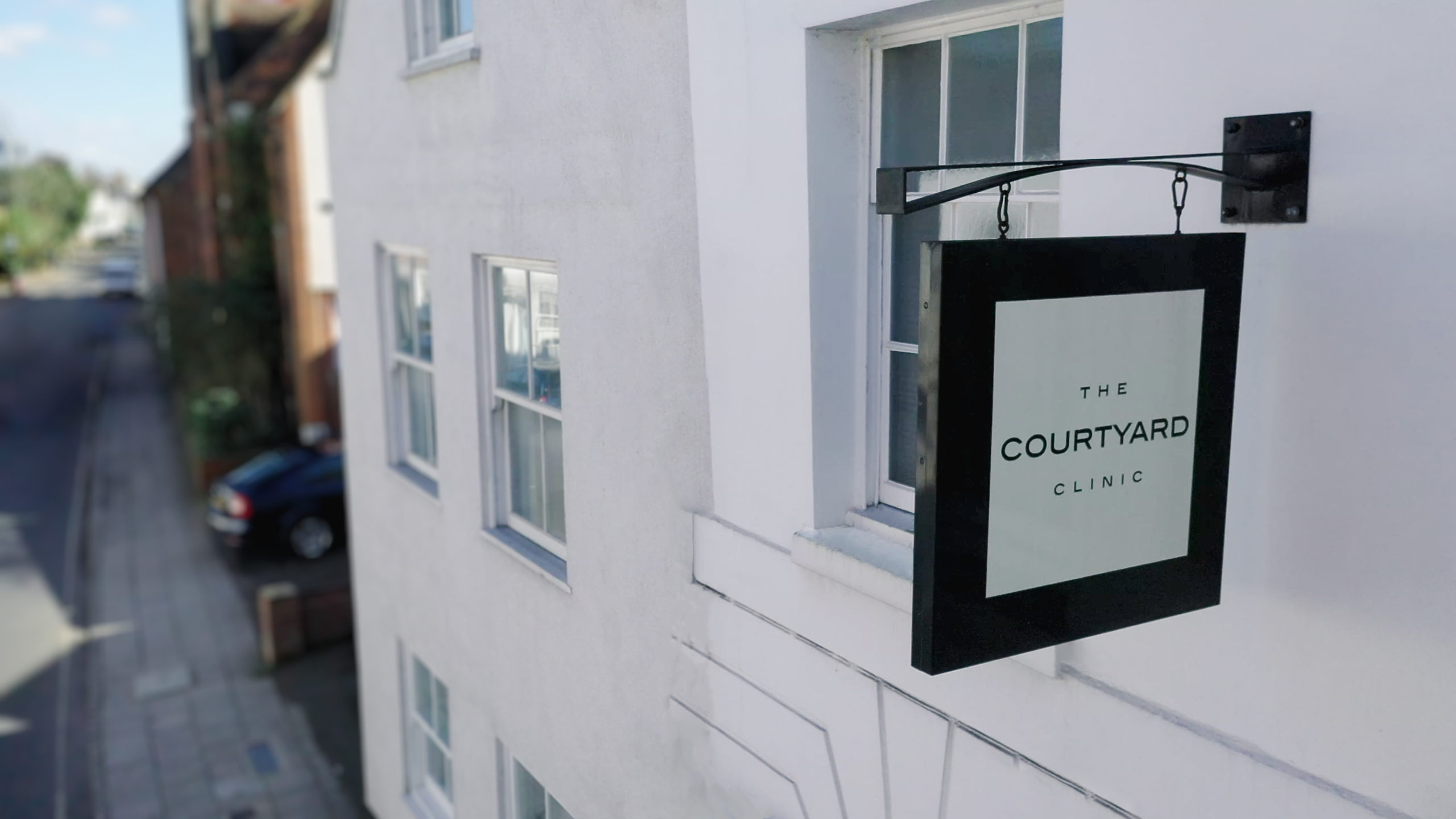Here at The Courtyard Clinic we see a lot of patients who have signs of tooth grinding (known to dentists as bruxism), this can be a debilatating disorder leading to the breakdown of the teeth as well as other symptoms around the body. Patients often do not realise they grind their teeth but may recognise many of the symptoms listed below.

Symptoms Of Bruxism
Physical symptoms: headache, temporomandibular joint (jaw pain) discomfort and muscle aches, facial myalgia (muscle pain of the face), ear ache, stiffness of the shoulders, limited mouth opening and sleep disruption of the individual as well as the bed partner.
Causes Of Bruxism
Why bruxism occurs is not always clear. However the majority of current evidence points to 3 main factors in the cause for bruxism:
1) Sleep Disorders
It is known that bruxism rarely occurs alone. Research has consistently found that bruxism is found more frequently in those individuals who have an existing sleep disorder such as snoring, breathing pauses during sleep and Sleep Apnoea
2) Lifestyle Factors
Lifestyle factors such as age, smoking, caffeine intake and heavy alcohol consumption are associated co-factors of bruxism. The use of psychoactive substances (alcohol, tobacco, caffeine, or medications for sleep, depression, and anxiety) increases arousal and leads to problems sleeping. Bruxism is significantly higher in individuals whose lifestyle includes the use of these psychoactive substances.
3) Stress, Anxiety
Anxiety, stress and adverse psychosocial factors are significantly related to tooth grinding during sleep and it has been found that nearly 70% of bruxism occurs as a result of stress or anxiety. It is well documented that job related stress is harmful to good sleep and as a consequence can be responsible for daytime sleepiness. But, it is also the most significant factor associated with bruxism.
Effects Of Bruxism
Short-term effects of bruxism
- Headache – Bruxism sufferers are three times more likely to suffer from headaches.
- Facial myalgia (aching jaw & facial muscles)
- Tightness/stiffness of the shoulders
- Ear ache
- Limitation of mouth opening
- Sleep disruption of bed partner due to noise
- Sleep disruption
- Excess tooth mobility
- Inflamed & receding gums
Long-term effects of bruxism
- Temporomandibular Joint Disorder (sometimes called TMJD or just TMJ)
- Tooth wear & breakage
How Can I Stop Grinding My Teeth?
Although there have been many treatments proposed over the years to decrease the level of bruxism, the only proven treatments for bruxism are mandibular advancement devices, hypnosis and occlusal splints.
Occlusal splints have been found to be the most successful as they protect the teeth from premature wear, reduce jaw muscle activity and the noise of tooth grinding. This means that the teeth are protected and their bed partner will not be disturbed by the noise.
Treatments
Occlusal Management (fit of the teeth as the two jaws meet)
There are two categories of occlusal management strategies: ‘true’ occlusal interventions and occlusal appliances.
Occlusal interventions usually involve occlusal equilibrium, rehabilitation and dental treatment. The treatment is aimed at achieving a ‘harmonious’ relationship between biting surfaces of the teeth.
The most common and effective treatment involves protecting the teeth with occlusal splints. These splints have different names but in essence, they are all designed to prevent inadvertent tooth movement.
The occlusal splint is the treatment of choice as it reduces grinding noise and protects the teeth from premature wear without substantial adverse effects. Occlusal splints reduce muscle activity associated with sleep bruxism but it must be acknowledged that these devices, like MADs (See Below) for snoring and sleep apnoea, are only a control and will not cure the condition.
MADs (Mandibular Advancement Devices)
MADs are generally used for the management of snoring and sleep apnoea but researchers have investigated their use for the management of sleep bruxism. Many studies report highly effective outcomes in the reduction of sleep bruxism
Behavioural Approaches
Psychoanalysis, autosuggestion, hypnosis, progressive relaxation, meditation, selfmonitoring, sleep hygiene and habit reversal/habit retaining have been prescribed for the management of bruxism in specific instances.
If you feel that you have been grinding/clenching your teeth or your partner has warned you about grinding your teeth at night then please give us a call on 01932 582949 to speak to one of our bruxism experts or book an appointment to come for a check up.


